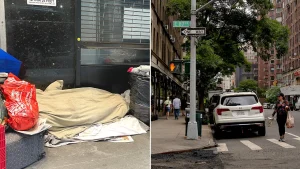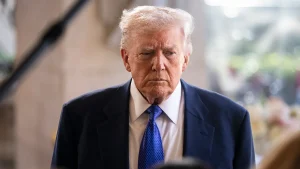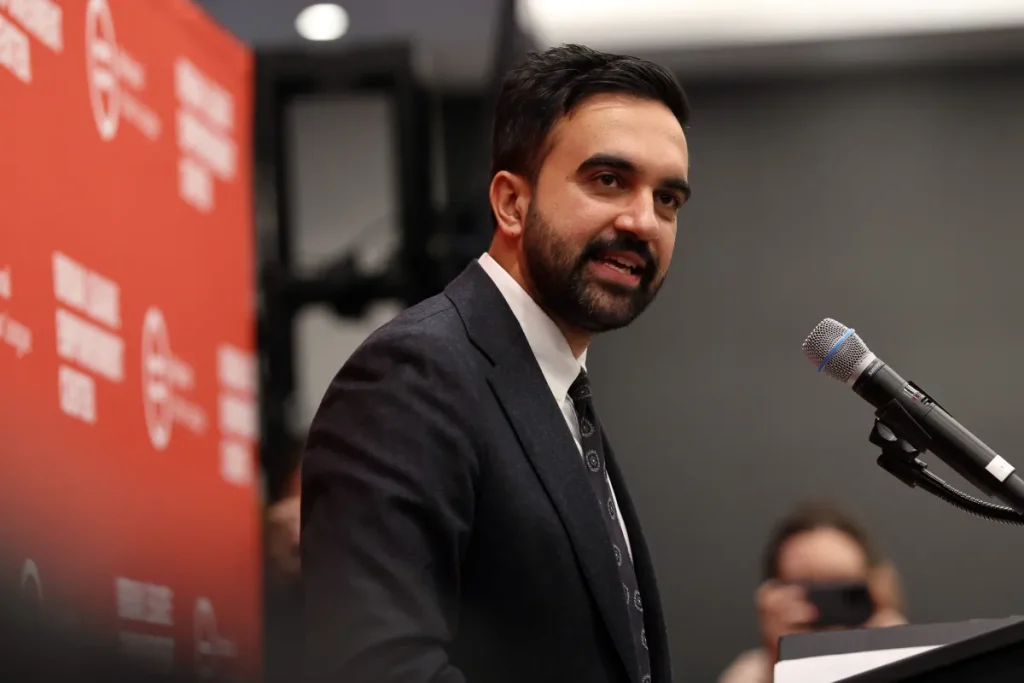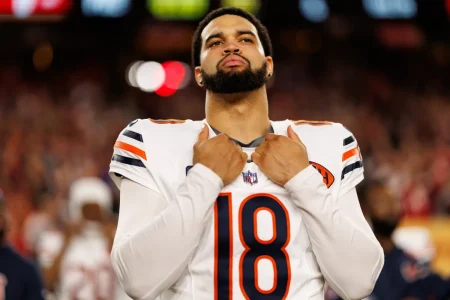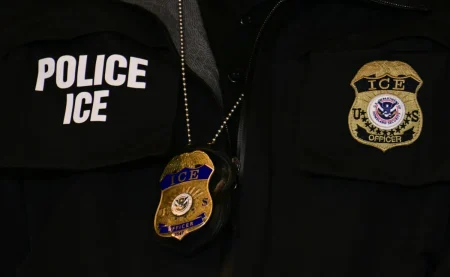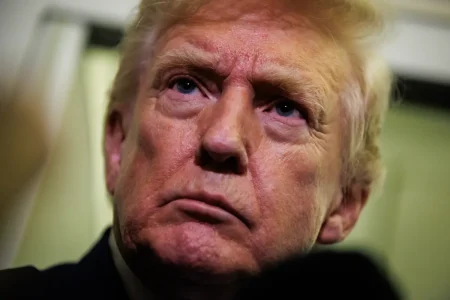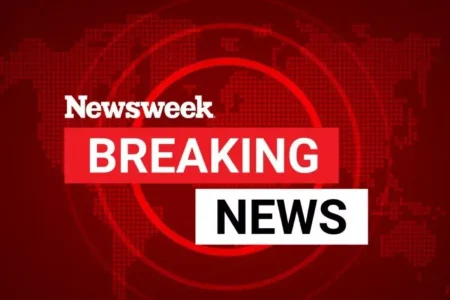Trump to Meet NYC Mayor-Elect Mamdani Despite Previous Tensions
In a surprising turn of events, President Donald Trump announced his willingness to arrange a meeting with New York City Mayor-elect Zohran Mamdani, signaling a potential thaw in what had been an openly hostile relationship during the campaign season. Speaking to reporters on Sunday, Trump confirmed that Mamdani had requested a meeting, saying, “The mayor of New York, I will say, would like to meet with us and we’ll work something out. He would like to come to Washington and meet and we’ll work something out.” Trump’s conciliatory tone—adding that “We want to see everything work out well for New York”—marks a significant shift from his previous rhetoric, where he branded Mamdani a “communist,” questioned his citizenship, threatened to arrest him, and suggested he might withhold federal funding or deploy federal troops to the city under Mamdani’s leadership. This developing relationship between the Trump administration and America’s largest city will undoubtedly impact millions of New Yorkers who depend on functional federal-municipal cooperation.
The apparent reconciliation effort comes after Mamdani’s historic victory on November 4, which will make him both the youngest mayor of New York City in over a century and its first Muslim mayor when he takes office on January 1. Mamdani has reciprocated the willingness to establish a working relationship, telling NBC New York in a November 11 interview that he “will be reaching out to the White House as we prepare to actually take office because this is a relationship that will be critical to the success of the city.” Mamdani’s acknowledgment of the importance of federal cooperation reflects the practical realities of governing America’s largest city, where federal funding, policies, and support play crucial roles in everything from infrastructure to social services. The mayor-elect has also indicated he will be “proactive” in trying to prevent the Trump administration from sending ICE agents and National Guard troops into New York—addressing one of the specific threats Trump made during the campaign.
The evolving dynamic between Trump and Mamdani represents a classic American political tradition of post-election detente, where campaign rhetoric gives way to governance practicalities. Trump, who had actively campaigned against Mamdani by urging New Yorkers to vote for independent candidate and former Governor Andrew Cuomo, appears to be adjusting to the reality of Mamdani’s victory. In a recent interview with Fox News’ Bret Baier, Trump set the stage for this potential cooperation by saying, “[Mamdani] has to be a little bit respectful of Washington. Because if he’s not, he doesn’t have a chance of succeeding, and I want to make him succeed, I want to make the city succeed…And we’ll see what happens.” This statement reveals Trump’s dual approach: extending an olive branch while simultaneously establishing expectations of “respect” from the new mayor.
Mamdani, for his part, has been measured in his response to Trump’s overtures, balancing cooperation with commitment to his constituents. In his NBC interview, he stated, “I’ll say that I’m here to work for the benefit of everyone who calls the city home and that wherever there is a possibility for working together towards that end, I’m ready. And if it’s to the expense of those New Yorkers, I will fight it.” This careful positioning reflects Mamdani’s challenging situation—needing to maintain a working relationship with a federal administration that actively opposed his candidacy while staying true to the progressive platform that won him the election. Mamdani’s policy agenda centers on addressing affordability crises through universal child care, free buses, and increased taxation on wealthy individuals and corporations—initiatives that may not align with the Trump administration’s priorities.
The evolving Trump-Mamdani relationship highlights the complex interplay between federal and local governance in the American system. New York City, with its massive population, economic significance, and global profile, cannot function effectively without federal cooperation on matters ranging from counterterrorism to housing funding. Similarly, the federal government has substantial interests in ensuring America’s largest city remains stable, prosperous, and secure. This mutual dependence creates a natural pressure toward cooperation even between political figures with dramatically different ideologies and backgrounds. The situation is further complicated by Trump’s personal history as a New York real estate developer and former resident, giving him a unique and personal connection to the city that Mamdani will now govern.
As January 1 approaches and Mamdani prepares to take office, the details and substance of this tentative relationship will become clearer. The scheduled meeting between Trump and Mamdani will likely set the tone for what could be one of the most consequential federal-municipal relationships in the country. Both leaders appear to recognize, at least publicly, that despite their profound differences, some level of cooperation serves their respective interests and constituents. For New Yorkers, the evolution of this relationship will have tangible impacts on daily life, potentially affecting everything from infrastructure funding to immigration enforcement to pandemic response. The willingness of both Trump and Mamdani to meet represents a reminder that in American governance, pragmatism often prevails over campaign rhetoric when the responsibilities of office come calling.

